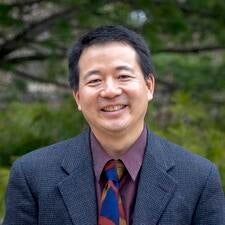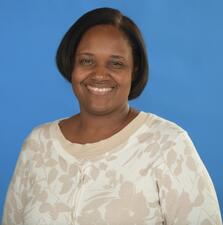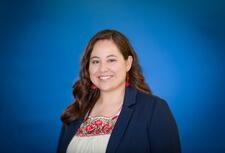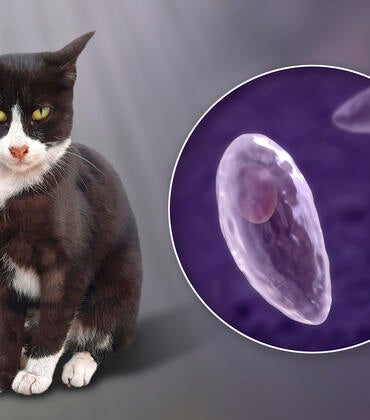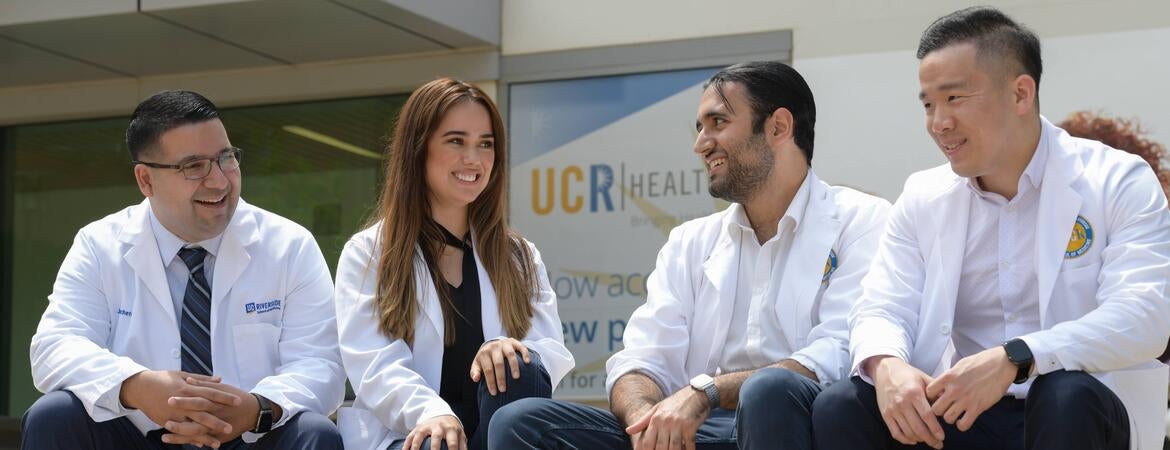
The School of Medicine at the University of California, Riverside, has received a grant of $1.87 million to establish the Inland Empire Regional Hub for Healthcare Opportunity, or IE RHHO, which will create a pre-med pathway for local community college students. The four-year grant funding is provided by the California Department of Health Care Access and Information and administered by the Foundation for California Community Colleges, and will bring together partners across Riverside and San Bernardino counties to address the physician shortages in the region.
The Inland Empire has one of the lowest ratios of primary care physicians and specialty physicians in California – roughly 39 doctors per 100,000 people. The IE RHHO will train culturally competent medical students to serve the region. To realize this goal, the medical school will partner with three community colleges (College of the Desert, Riverside City College, and San Bernardino Valley College); two undergraduate institutions (California State University, San Bernardino and UC Riverside); and several community-based organizations.
“We are grateful for this generous funding from the foundation that will strengthen our existing partnerships and build a new regional partnership between institutions to create a pathway from community college to medical school to a medical career,” said Daniel Teraguchi, the medical school’s associate dean for student affairs and the grant’s principal investigator. “The IE RHHO will have a long-term impact in addressing health inequities in our region, including the shortage of diverse physicians and access to primary care for the medically underserved.”
The IE RHHO will recruit about 60 scholars per year from the three community colleges and provide personalized support for each scholar, including advising, academic enrichment, mentorship, professional development workshops, and internships. The scholars, who will be called “California Medicine Scholars Program Scholars,” or CMSP Scholars, will participate in the medical school’s Future Physician Leaders summer program in their first year to gain core academic and social skills. The following summer, the CMSP Scholars will acquire professional experience at one of the community-based organizations partnering with the medical school.
The School of Medicine has launched several initiatives to improve the health of California’s diverse population and address the shortage of doctors in Inland Southern California. The Future Physician Leaders program is one of the medical school’s Pathway Programs, which aims to bring greater diversity to the Inland Southern California healthcare workforce by preparing students — from high school through college — for entry into medical training and ultimately residency, particularly in primary care and other specialties experiencing physician shortages.
Teresa Cofield, the director of the Pathway Programs and the grant’s co-principal investigator, said the new grant enables partnering institutions to identify and support a cohort of students at each phase of their education — community college, undergraduate, medical school, and residency.
“The IE RHHO will provide students with meaningful internships, research experiences, and leadership development to make them competitive applicants to medical schools,” she said. “The students will benefit from being in a community of peers with similar aspirations and who are supported by a community of advisors. We are also excited to be part of a statewide collaborative pathway committed to increasing the number and diversity of physicians in California.”
The IE RHHO will accept a maximum of 250 CMSP Scholars in total. A CMSP Scholar choosing to not pursue medicine will continue to receive advising through the IE RHHO to identify and enroll in a program in keeping with career aspirations.
“Students who choose careers outside of healthcare will be guided in identifying career pathway programs that match their interests and program advisors will assist with referrals to connect such students with these other opportunities,” said project lead Esmeralda Trejo, who is the assistant director of the Pathway Programs and will manage IE RHHO recruitment and program activities.
Incorporated in 1998, the Foundation for California Community Colleges, the official nonprofit foundation to the California Community Colleges Board of Governors and Chancellor’s Office, offered grants also to the UC Davis School of Medicine, UC San Diego School of Medicine, and UCSF Fresno, all of which are in regions currently experiencing a physician shortage. Each grantee will lead the creation of an RHHO.
The grant to each university is $1.6M for the first three years ($540,000 annually), with additional funding ($250,000) available in the fourth year for sustainability.
Students who wish to participate in the IE RHHO may contact the regional hub.
Header image credit: Carrie Rosema.
